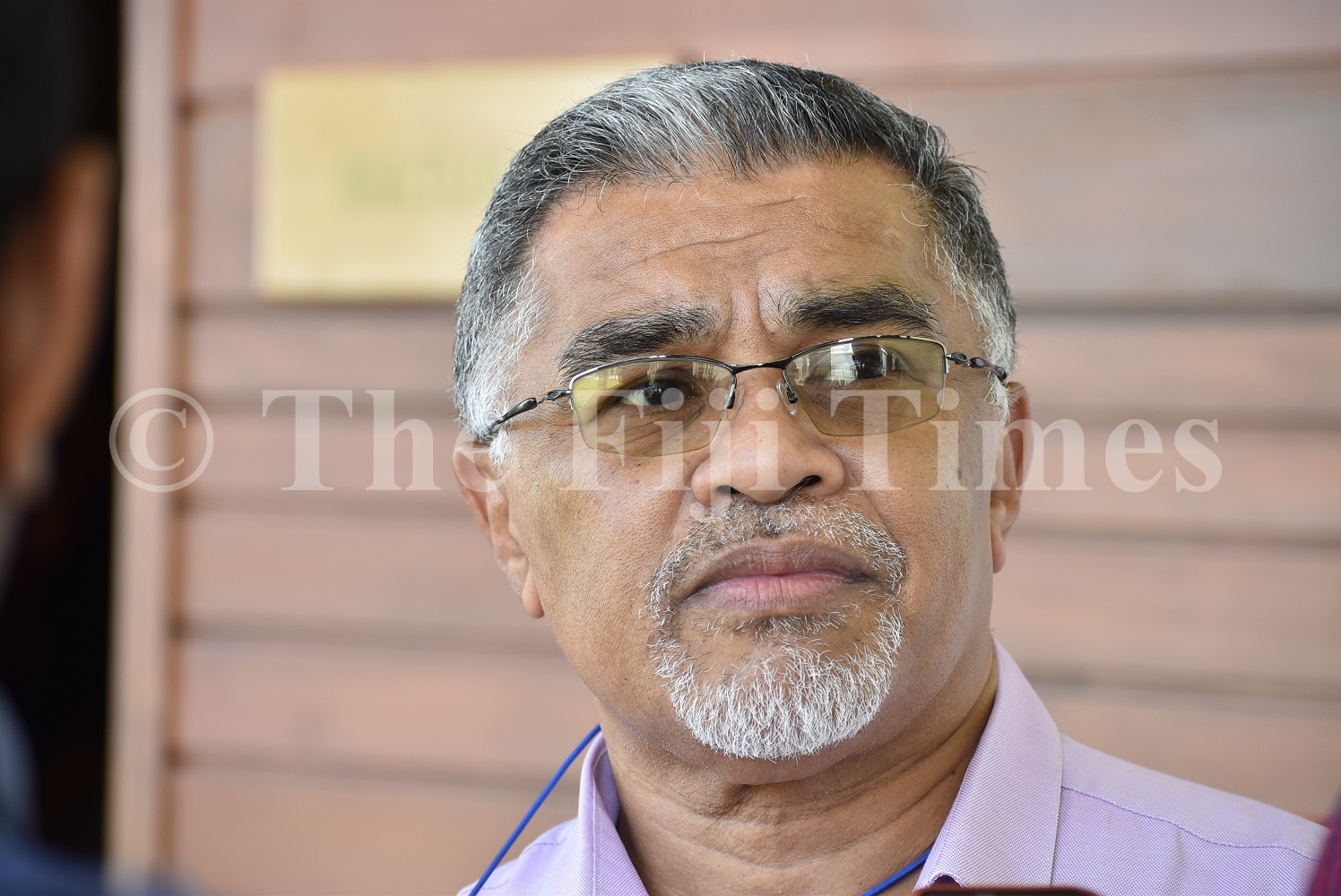A SEVEN-MEMBER medical team from New Zealand will be arriving in the country this month to perform lifesaving heart pacemaker implants. The medical team is part of the Pacific Islands Pacemaker Services (PIPS) which comprises volunteer specialist heart doctors, cardiac physiologists, and nurses from all over New Zealand.
“This is an initiative we are supporting,” said Health Ministry permanent secretary Dr James Fong.
“We have been able to source and procure pacemakers at a very reasonable cost which the team will come in to facilitate placement in patients and to help develop local capacity in this area.”
Dr Fong thanked the PIPS foundation for their bi-annual visits to implant new and replacement units, and for checking the devices to see that they’re functioning properly.
“We also thank Ms Fiona Riddell who has voluntarily visited Fiji for over a decade, initially with the cardio-thoracic teams and eventually leading the PIPS team and she has provided clinical and technical support to the local team when the need arises and has over the years kept a database of all patients who have had a pacemaker implanted and the status of their device (she practically knows all about the pacemaker service in Fiji).
“Medtronic NZ for providing the pacemaker stock at subsidised rates to the government (100 pacemaker units and leads) and Dr Vijay Kapadia for his endless support and a driving force behind the establishment of a local pacemaker service in Fiji.
“He has provided clinical and administrative support linking the Ministry of Health and the local cath team with supportive and reputable organisations, companies and heart specialists abroad for capacity building and provision of equipment and consumables (such as the donated cath machine that will be used during the pacemaker implants).”
Dr Fong said there were about 180 pacemaker checks and 55 new implants last year.
“All these patients will need to have their device checked and determine which ones need to be replaced in addition to the new patients who need a new implant.
“On average a pacemaker can last approximately eight years (65 per cent at five years, 45 per cent at 10 years, 31 per cent at 15 years and 21 per cent at 20 years) from the time of implant.”
He said the benefit of treatment reduced mortality, morbidity and readmission rates and most importantly gave patients a longer and better quality of life.
The medical team will be based at the Lautoka Hospital on March 23 and 24, and at the Colonial War Memorial Hospital (CWMH) on March 27 to the 31.
All Fijians carrying pacemakers are urged to make use of the services.



